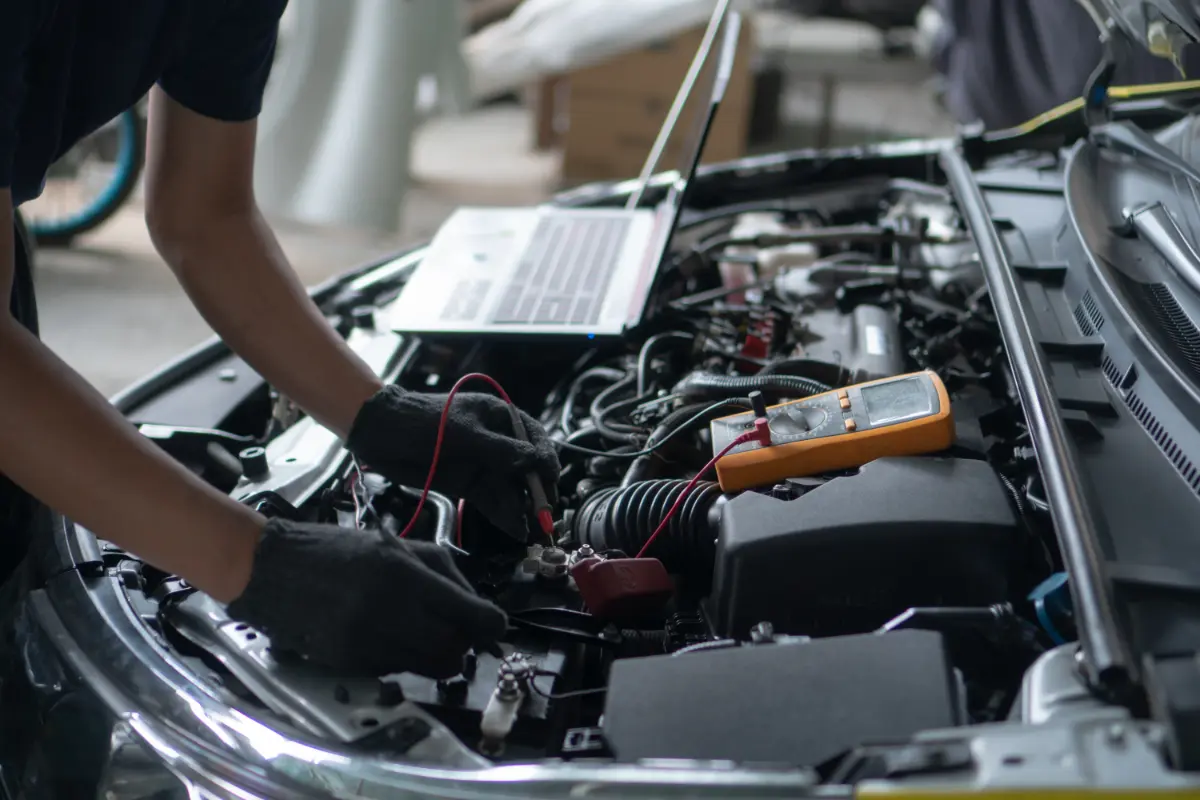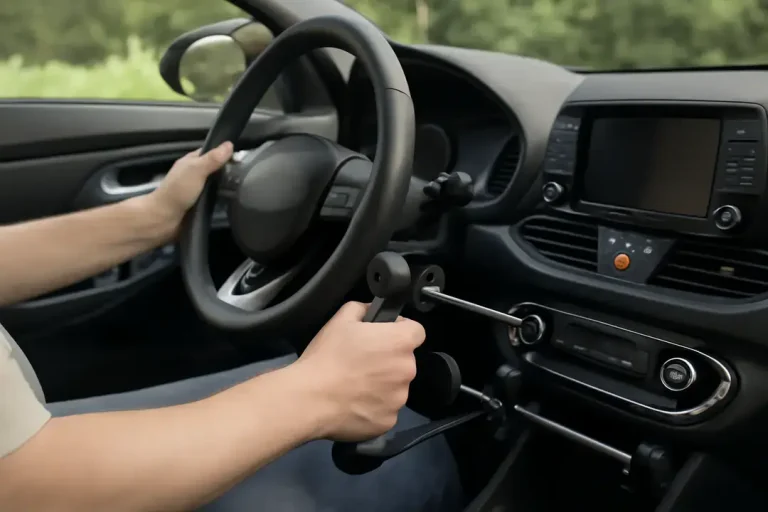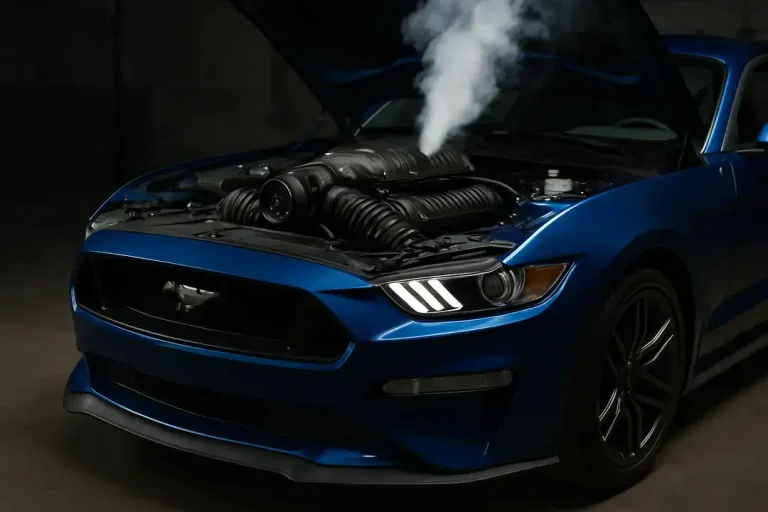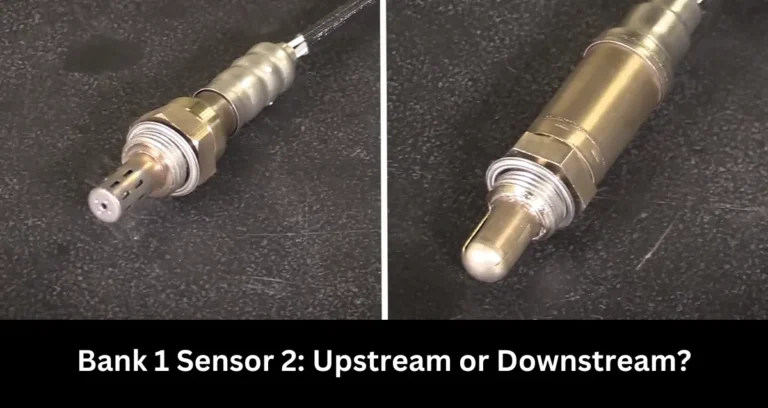How to Get the Best Price for a Car with a Blown Engine
Of course, everyone knows that a blown engine will entail serious costs. But before you decide to sell your car, there are some ways that you can get the best price for your no longer shiny but still very special car. Below is a comprehensive outlook on your choices and how you should approach them like a pro.
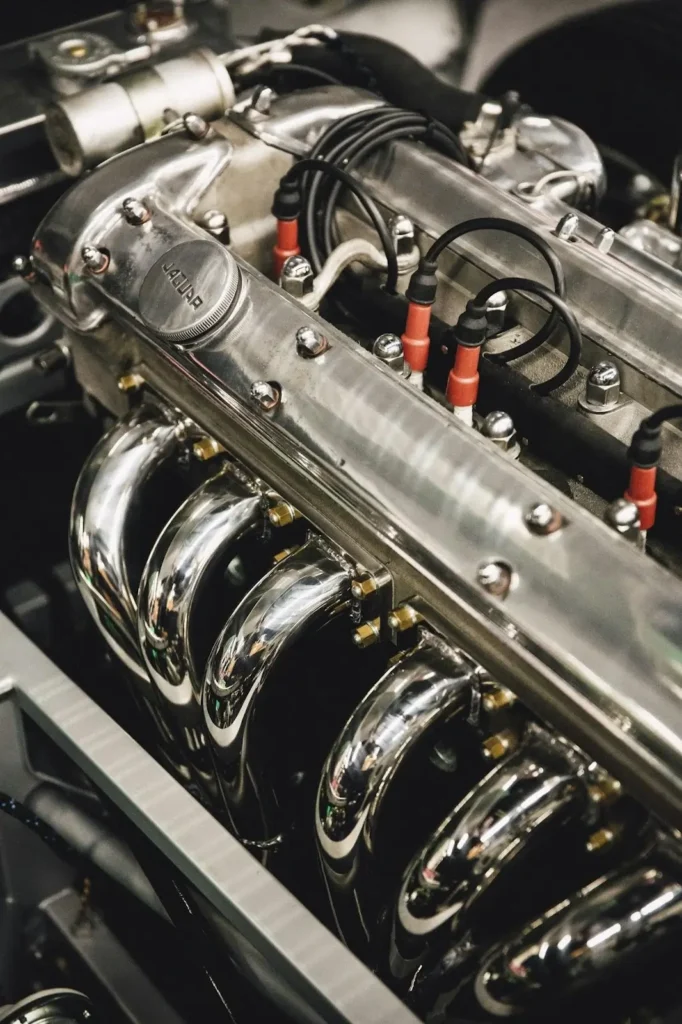
Weighing Your Repair vs. Sell Options
First things first: is repair a possibility? Get a mechanic’s honest opinion. If the engine is done for but the rest of the car is in good shape, repairs could be logical. However, if the car has accumulated a high number of miles or has other problems that cannot be fixed, then it is best to sell it.
In this case, it is better to get a free junk car pickup and receive money from the scrapyard rather than spending a fortune trying to repair the vehicle.
Here’s a quick decision tree to help you choose:
- Repair likely costs less than the car’s value: You probably should repair it if it is a good model that you still prefer to use in the future.
- Repair costs more than the car’s value or the car has other problems: Thus, the better option is selling.
Tip: Visit Kelley Blue Book or Edmunds websites to get an idea of your car’s “fair” value in its present condition — with a blown engine.
Selling a Car with a Blown Engine: Your Options
The following are the possible ways of selling a car with a blown engine:
Selling to a dealership (trade-in):
- Pros: Quick and convenient. No need to deal with private buyers.
- Cons: Dealerships typically offer the lowest price because they need to factor in repairs before reselling.
Selling to a junkyard or salvage yard:
- Pros: Very fast and easy. They specialize in buying damaged vehicles.
- Cons: You’ll likely get the absolute rock-bottom price for your car.
Selling to a private buyer (DIY):
- Pros: Potentially the highest payout if you find the right buyer (mechanic, hobbyist).
- Cons: Requires more effort (advertising, showing the car, negotiation).
Selling to an online car buying service:
- Pros: Convenient and faster than selling privately. Often offers competitive prices.
- Cons: May not be the absolute top dollar, but it can save you time and hassle.
Remember: Regardless of the buyer, be upfront about the engine damage. Transparency builds trust and avoids wasted time for everyone involved.
Getting the Best Price: Tips for Each Option
Each situation has its own peculiarities, and it is valuable to know them before choosing an option that best fits your needs.
Selling to a dealership:
- Research: Find out the car’s value without the engine issue (use online valuation tools). This helps you negotiate a fairer trade-in price.
- Get quotes from multiple dealerships: Do not accept the first bid offered to you. A few minutes of effort can mean a little more money in the wallet.
Selling to a junkyard or salvage yard:
- Call around for quotes: Prices can vary between junkyards. A few extra calls could mean a significant difference.
- Prepare your car title: Junkyards typically require a clear title for purchase.
Selling to a private buyer:
- Detailed ad with great photos: Showcase the car’s good points (clean interior, nice wheels) and be upfront about the engine.
- Price competitively: Research similar cars (with blown engines) to set a realistic asking price. Be open to negotiation.
- Highlight the car’s value beyond the engine: Emphasize features like a good transmission, recent maintenance, or a desirable model.
Selling to an online car buying service:
- Get quotes from multiple services: Compare offers before making a decision.
- Read reviews and compare fees: Some services charge towing or processing fees.
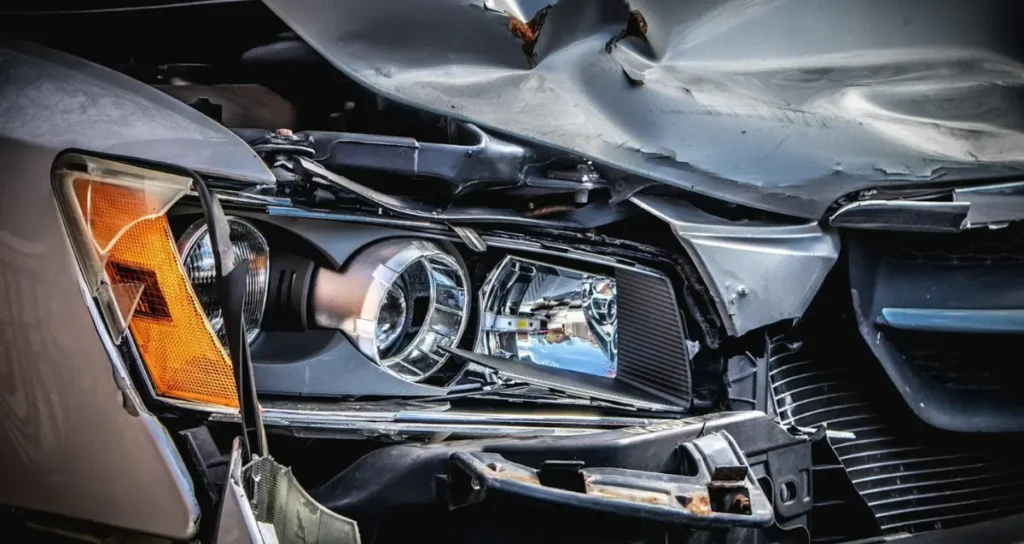
Bonus Tip
If you have the time and are mechanically inclined, consider selling off the parts of the car. This entails selling individual components, such as seats, doors, etc., through the internet or in scrapyards. It can be time-consuming, but it can be more profitable in terms of the amount of money it can bring in compared to selling the entire car as is.
Important note: Research local regulations and legalities of parting out a car in your area. Some places require specific licenses or permits.
There you have it! As many discovered the hard way, with a bit of effort, one can still sell a car with a blown engine for a reasonable price. However, a little patience, clarity, and a bit of work can be key to getting the best out of it.
FURTHER READING

